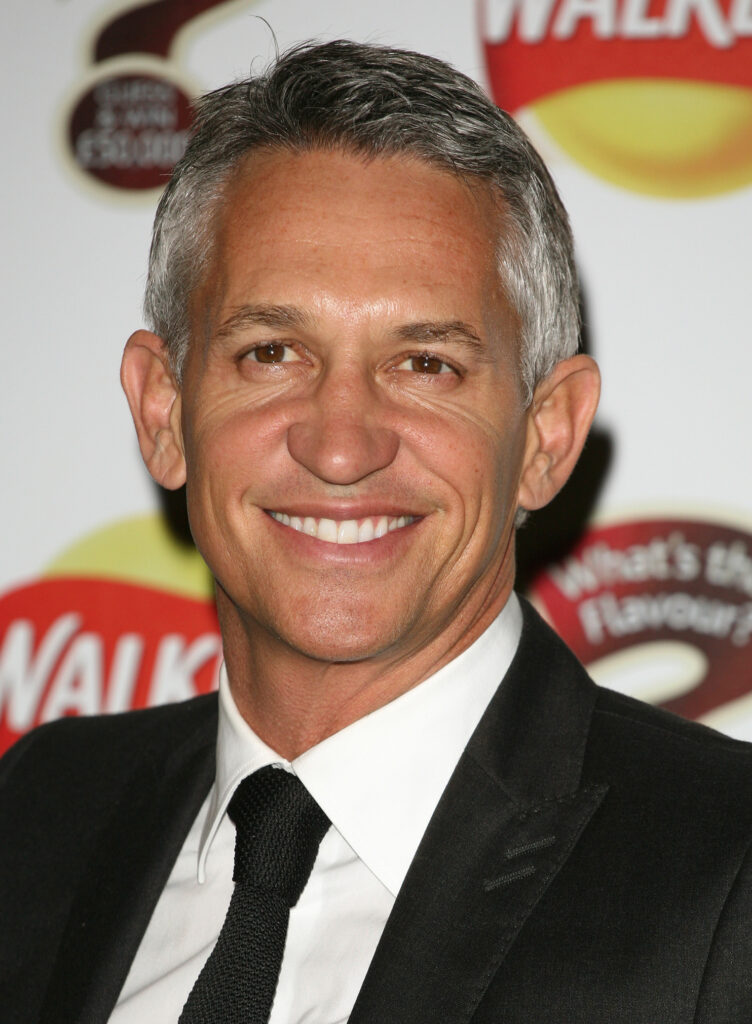As usual football commentary was disrupted this weekend, the suspension of Gary Lineker from the BBC has impacted millions of football fans’ Saturday night ritual. The decision by fellow commentators to boycott Saturday’s Match of the Day- and now many other BBC programmes- is an act of solidarity, demonstrating the power of standing up and speaking out on issues collectively.
Earlier in the week, Lineker- the widely loved and known BBC sports commentator- was suspended from the BBC following his controversial comparison of the proposed Illegal Immigration Bill to 1930s Nazi policy. The Bill, introduced by home secretary Suella Braverman, intends to end small-boat channel crossings taken by migrants, and has been deeply criticised because of its potential to breach international human rights laws on the right to claim asylum. The conversation has now placed scrutiny over how the BBC enforces impartiality, and what this means for those speaking out on important issues.
So, what can we learn from the BBC disruption and the collective action in support of Lineker’s right to speak out?
Whilst debate and criticism of both Lineker’s comments and the Bill continue, the support from fellow BBC presenters and others in the spotlight has demonstrated the power of speaking up about something, and the support from others that can follow.
Ian Wright- also a BBC sports presenter- was one of the first to support Lineker, as shown in his Tweet, stating:
“Everybody knows what Match of the Day means to me, but I’ve told the BBC I won’t be doing it tomorrow. Solidarity.”
In response to the widespread support, Lineker tweeted:
“I want to thank each and every one of you. It means a lot. I’ll continue to try and speak up for those poor souls that have no voice.”
When it comes to issues we believe in and feel passionately about, speaking out is the first step in creating change. Subsequent support from colleagues, acquaintances and the public is how these words can be turned into action.
Why is standing up against issues important in the workplace?
A recent survey, by Wates Group, sampled over 5000 employees and identified that 40% experienced microaggressions at work because of their identity. A further 62% of Black Caribbean and 47% from a Pakistani background had experienced microaggressions and discrimination because of their race/ethnicity.
Racism and microaggressions continue to be a reality for many ethnically diverse employees. Speaking up against racism– whether a victim or witness to the offence- through formal reporting mechanisms is crucial. Support from others against racism is also crucial, especially from allies and senior leadership.
How can you call out racism happening in the workplace?
How can you reciprocate actions of support and solidarity?
As the issues linked to the Illegal Immigration Bill, Gary Lineker and impartiality in the BBC continue to be at the forefront of our minds, consider how you too can stand up in support of something to make a positive difference to your workplace.
The power is when words turn to action. The power is in the collective.
Start your journey today. Make your Big Promise and commit to calling out microaggressions and racism within your organisation.
Photo by – Dreamstime

